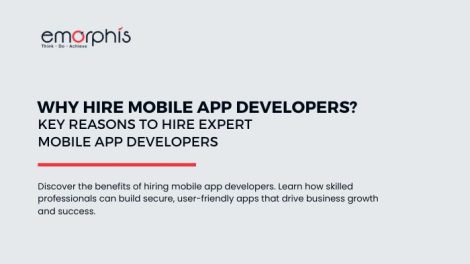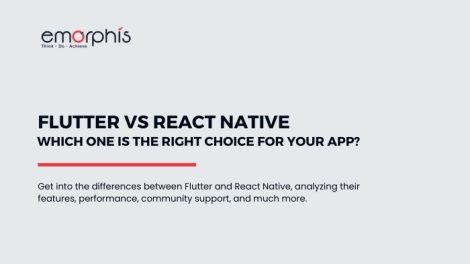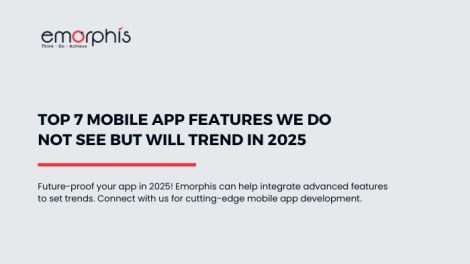Recent advancement in technologies are forcing publishing industry actors to reassess their business models and to redefine their portfolio of products and services, in order to bring them into line with the changing conditions, needs and requirements of the new playing field. As we move further towards more technology developments rapidly taking place, there may be additional challenges that digital publishing companies would need to tackle with efficient and effective solutions because Creating, converting, securely distributing and delivering content is becoming a tedious task in this fast-paced digital era.
With the revolution in digital publishing technology, mobile apps now account for 80% of time spent on iOS and Android devices, with people spending an average of 2 hours per day on their smartphones! Digital publishing applications & platforms are changing methods and varied preferences on how content is represented and delivered and with what degree of immediacy, how it is accessed, how interactive it is and how much it costs. Moreover, the different sets of standards used across platforms and devices need the content to be portable across all of them which is the biggest challenge for content publishers.
Have you thought of Native Apps or Hybrid Apps for publishing your niche content to overcome these challenges ?
Native Apps
A native app that actually stands alone and can be found in app stores would be much better. Native apps are great for customizing the reader’s experience, increasing your brand’s discoverability and increasing the publicity, positioning and awareness of your brand. They also take up real existence on your reader’s phones and present themselves as a much more tangible product and making people much more inclined to pay for content.
Hybrid Apps
In addition to building custom native apps for different mobile platforms or creating a single less-capable web app that works on any device via its browser, there are also hybrid apps. With a hybrid app, much or the entire user interface appears in a browser window, with a native app wrapped around it to provide access to device functionality not available via browser. The key advantage of these apps over native mobile apps is cross-platform compatibility, allowing them to reach the broadest audience for the least effort. This ability to combine standard web apps with native code can significantly reduce development time and cost, minimizing custom coding work is making hybrid apps a high priority for digital publishers now a days.
Looking towards the future, the survival of the publishing industry depends on the ability to accept changes because the emergence of mobile devices and internet connections is increasing & providing a wide range of easily accessible content that attract and hold our attention, the devaluation of books as a source of access to knowledge & entertainment and the rise in the number of consumers who are only prepared to pay very small amounts to access content. More and more companies & technology start-ups are developing apps and services linked to the design, development, production, promotion, commercialization, display, purchase and consumption of content in the digital sphere. If you’re a content publisher, it has become absolutely essential to have an app. an app that allows for beautiful reading experience and taking advantage of the mobile technology for better engagement, increase subscriptions & making more money for you.







